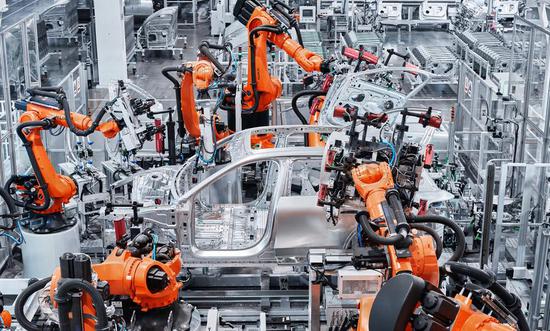
ONLY REFORMERS CAN ADVANCE, ONLY INNOVATORS CAN THRIVE
In the year when Xi took the top office, China's annual economic growth rate dropped below 8 percent for the first time since 1999.
The debt crisis in Europe severely hurt China's foreign trade and real estate regulation dragged down domestic demand. A foreign bank analyst claimed that "China's economy is facing its most critical moment in nearly 30 years."
Xi pointed out that China's economy had entered a new development stage and proposed a new development philosophy featuring innovative, coordinated, green, open and shared growth. He initiated the supply-side structural reform, pushing the economy toward high-quality development and moving to construct a new development pattern.
Addressing officials on the significance of the reform to optimize the supply structure, Xi cited the story of Chinese tourists buying smart toilet seats and rice cookers abroad as an example. At that time, Chinese people were enthusiastic about purchasing a multitude of goods overseas, from luxury items to daily necessities. Meanwhile, a large number of domestic products were struggling to find buyers.
After years of supply-side structural reform under Xi's watch, the quality and competitiveness of Chinese products have improved, many of which have earned international acclaim, spanning from lithium-ion batteries and photovoltaic products to drones. Media have noticed that a growing number of young Chinese consumers are redirecting their interest from imported cosmetics to domestic products.
The reform also tackled the challenge of overcapacity in certain sectors. By the end of 2022, the steel industry had eliminated outdated and excess capacity totaling around 300 million tonnes, exceeding twice the size of the entire crude steel production of India in that year.
To push forward the supply-side structural reform, Xi is leading by example with foresight. A decade ago, most cars on China's roads were foreign-brand gasoline vehicles. In 2014, during an inspection of SAIC Motor, a major Chinese carmaker, he emphasized the significance of developing products that cater to diverse needs and highlighted the importance of new energy vehicles (NEVs) in strengthening China's position in the automotive sector.
In the following decade, Xi became a big fan of electric cars, visiting automotive companies, touring laboratories, and showing great interest in experiencing electric cars.
By the time he visited an NEV company in 2023, the country had already become a global leader in NEV technology. Every three vehicles exported by China included one electric passenger car, and China's NEV production and sales constituted two-thirds of the world's total.
The new energy industry is, in fact, part of Xi's vision of new quality productive forces. The phrase "new quality productive forces" has become a fresh buzzword after Xi talked about it during his recent inspection trips, but he started to promote it much earlier.
Back in the 1970s in the village of Liangjiahe, Xi took the lead in introducing biogas-generating facilities to Shaanxi, allowing villagers to use biogas for lighting and cooking, replacing the traditional way of burning wood. This early initiative can be considered an example of leveraging new quality productive forces during that time.
In 2024, developing new quality productive forces was written into the government work report for the first time. This is widely believed as the recognition that the economic growth model primarily driven by low-cost labor, extensive yet inefficient investment, external demand and excessive resource consumption can no longer be sustained, and China must actively cultivate new technologies, new business models and future industries to enhance the quality and efficiency of development.
"The concept has provided fresh hope and impetus for China to speed up its economic transformation," said a column article published in the South China Morning Post.
Xi believes that to develop new quality productive forces, it is imperative to further deepen reforms to boost sci-tech innovation.
He likened China's lack of strong innovation capability to the "Achilles' heel" of an economic giant. New quality productive forces align with Xi's earlier vision of an innovation-driven development strategy.
"Only reformers can advance, only innovators can thrive, and only those who reform and innovate will prevail," Xi stressed.
Under his guidance, a slew of pro-innovation measures were rolled out to encourage enterprises to intensify research and development, apply sci-tech research achievements in the real world, and refine the management of major sci-tech projects. He also pushed for the establishment of a new system for mobilizing resources nationwide to make key technological breakthroughs.
The effects are evident, with China's ranking in the Global Innovation Index, published by the World Intellectual Property Organization, jumping from 34th in 2012 to 12th last year.
Data issued in 2023 showed that China in 2022 overtook the United States for the first time as the No. 1 ranked country or territory for contributions to research articles published in the Nature Index group of high-quality natural science journals.
Telecom giant Huawei successfully launched its new high-end smartphones last year, which demonstrated the limited effects of U.S. "extreme pressure" on Chinese high-tech firms.
Nevertheless, there is yet much work to be done. Xi has cautioned that "basic research is the source of sci-tech innovation. Although China has made significant progress in basic research, the distance with the international advanced level remains evident."
He has called for further support for basic research and original innovation, with a focus on ground-breaking and cutting-edge technologies.
UNLEASHING THE POWER OF THE MARKET
When Xi assumed the Party's top post, two decades had passed since the concept of building a socialist market economy was introduced.
However, doing business remained a challenging endeavor. In 2014, a lawmaker attending local "two sessions" revealed that a single investment project, from acquiring land to completing all administrative approval procedures, required more than 30 government approvals and over a hundred stamps. The entire process took a minimum of 272 working days.
Xi strongly opposes cumbersome government approvals. While working in Fuzhou of Fujian, he pioneered a mechanism that enabled all procedures for investment project approval to be completed in a single building.
As the country's top leader, he advocated that "the market plays the decisive role in resource allocation and the government plays its role better."
Over the years, the State Council has canceled or delegated to lower-level authorities the power of administrative approval for over 1,000 items and slashed the number of investment items subject to central government approval by over 90 percent.
"Let the vitality that creates wealth burst forth, and let the power of the market be fully unleashed," said Xi.
The results of the reforms are remarkable, as China was ranked by the World Bank as one of the top 10 economies with the most notable improvement in the business environment for two years in a row.
In January 2019, construction started for Tesla's Shanghai Gigafactory, and the automaker started delivering the first batch of China-made Model 3 electric cars built at the factory in December 2019, a pace of development praised by Tesla CEO Elon Musk.
Xi is well-acquainted with the challenging situation faced by private enterprises. He instructed the establishment of a private economy development bureau under the country's top economic planner to provide assistance to private enterprises facing difficulties.
Xi also emphasized the need to promote financial reforms to facilitate financing for private enterprises. He stressed the importance of encouraging private capital to enter industries and sectors where entry is not explicitly prohibited by laws and regulations.
Under Xi's instruction, the system of a negative list for market access was comprehensively implemented, allowing entry into areas not explicitly prohibited by the list. By the end of 2023, the number of registered business entities nationwide reached 184 million, more than three times the figure in 2012.
From 2012 to 2023, the number of private enterprises in China more than quadrupled, and the proportion of private enterprises in the total number of enterprises increased from less than 80 percent to over 92 percent.
During that period, privately-owned banks received approval for establishment, a high-speed rail controlled by private capital began operation, private investment was permitted to enter the oil and gas exploration and production sector, and a private rocket company achieved success in launching a rocket from the sea.
While reinforcing the Party's leadership, Xi initiated market-oriented reforms for state-owned enterprises (SOEs). In 2017, China Unicom, as the first centrally-administered SOE in the telecommunications industry to open up to private capital, introduced 14 strategic investors, including internet titans Tencent, Baidu, JD.com, and Alibaba, in the "mixed-ownership reform."
A three-year action plan for SOE reform converted SOEs into limited liability companies or companies limited by shares. Some 38,000 SOEs established boards of directors.
International media have noticed that China's reform has been advancing in step with changes in the situation. A trade war waged by the United States, the global pandemic, and increased geopolitical tensions have tested the resilience of China's economy. The country is also transforming its economic development model.
Xi has led China to accelerate building the new development pattern, which takes the domestic market as the mainstay while allowing domestic and international markets to reinforce each other.
A key support for this strategy is the establishment of a unified national market. To achieve this, a series of reforms are being implemented to eliminate local protectionism and dismantle regional barriers.
Xi has made "institutional opening-up" a priority. In one such move, China has lifted foreign ownership limits for securities companies, management companies of securities investment funds, futures companies, and life insurance companies.
Meanwhile, he is cautious about disorderly capital expansion, market manipulation, and pursuit of exorbitant profits in certain areas. He said it harms the interests of the people.
He proposed setting "traffic lights" for capital flows, ensuring that "financial magnates" do not act unscrupulously while still allowing capital to function properly as a production factor.
This indicates that China's reform is no longer solely focused on growth but considers a more balanced approach.
Under Xi's leadership, China has effectively addressed risks in shadow banking and internet finance. Efforts have been made to resolve debt risks associated with local governments and major enterprises like China Evergrande Group. These moves safeguarded the interests of the people and ensured the smooth operation of the market.









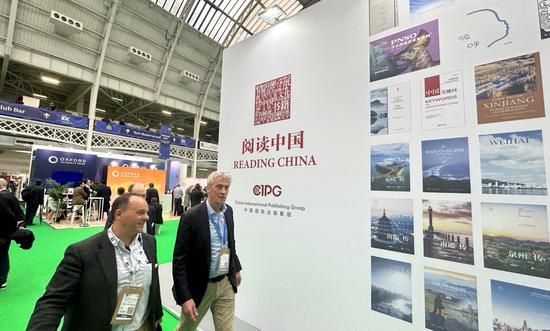


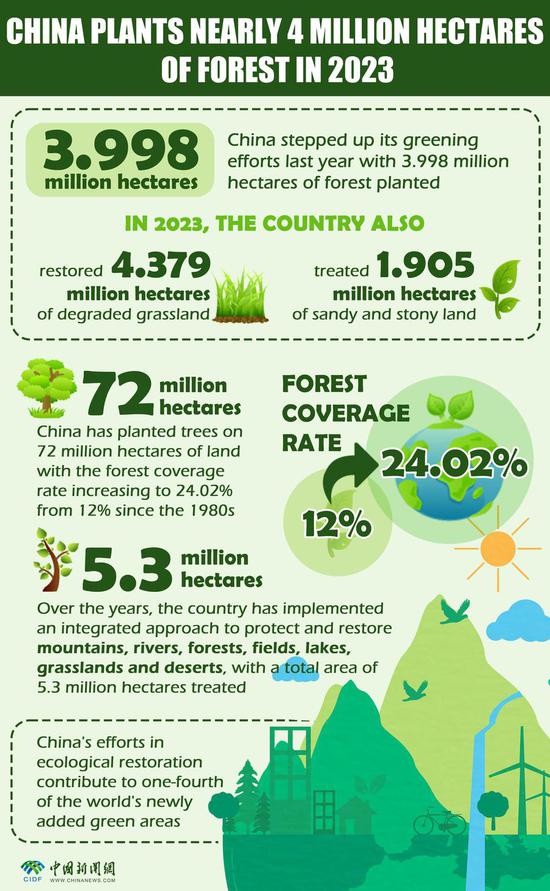
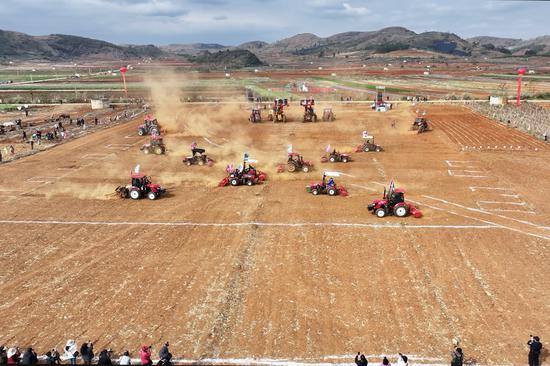

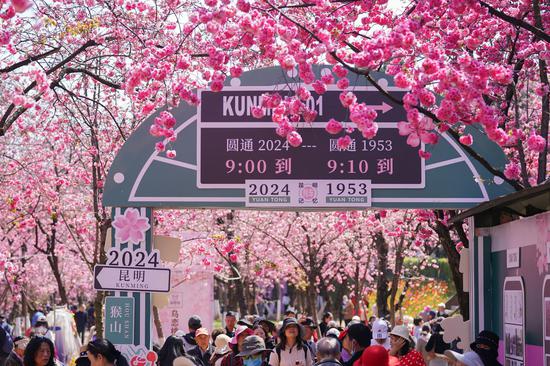
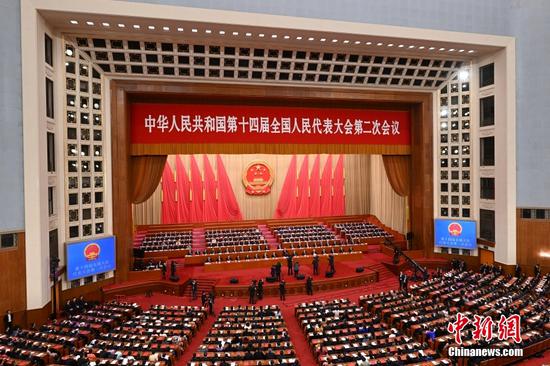

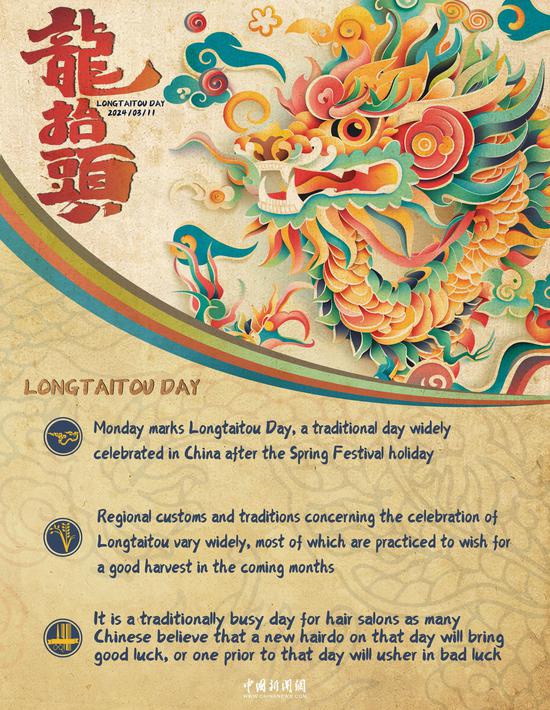
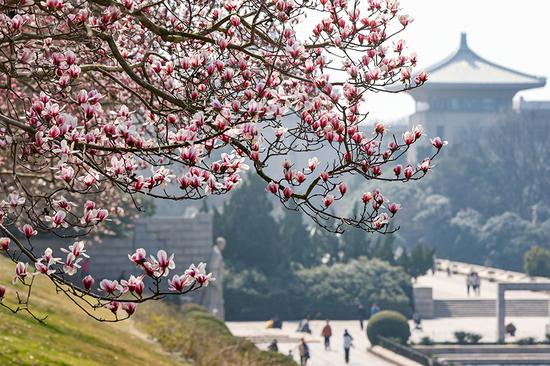

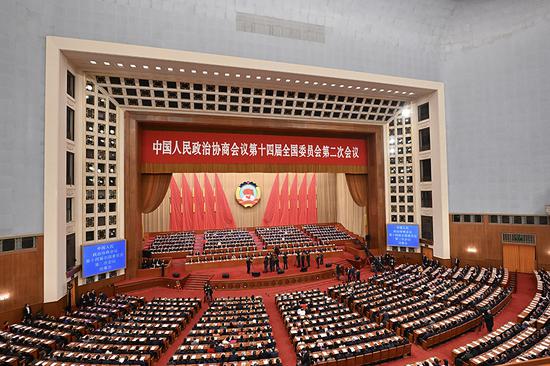
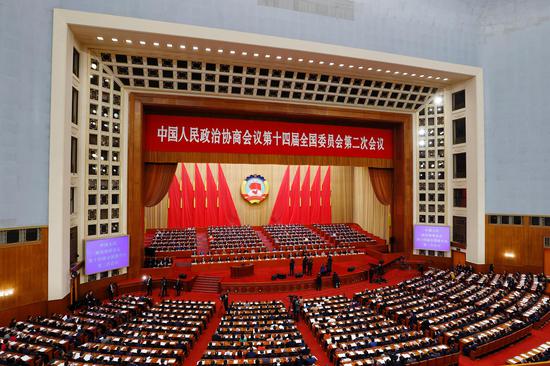

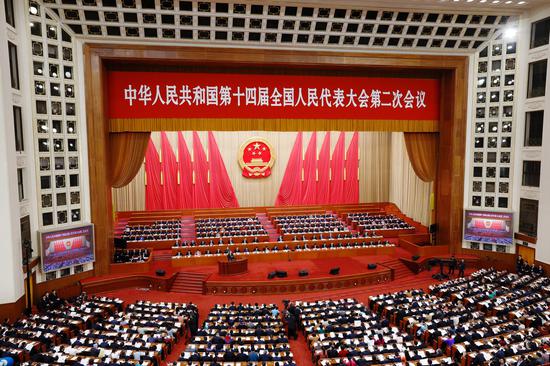
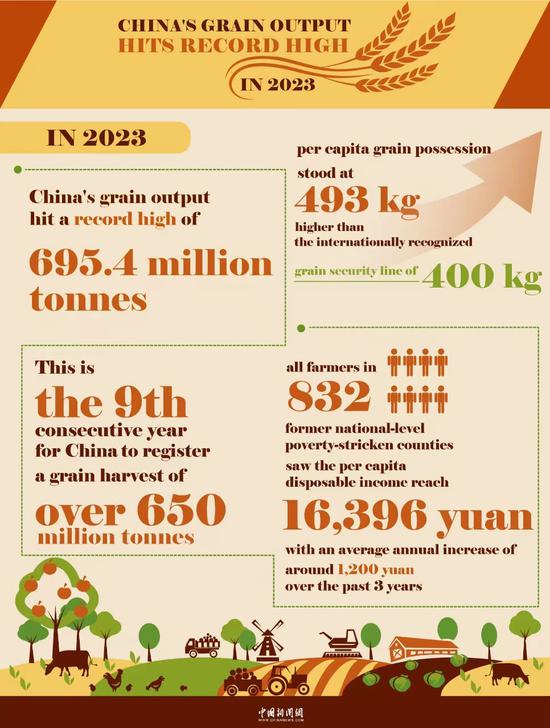
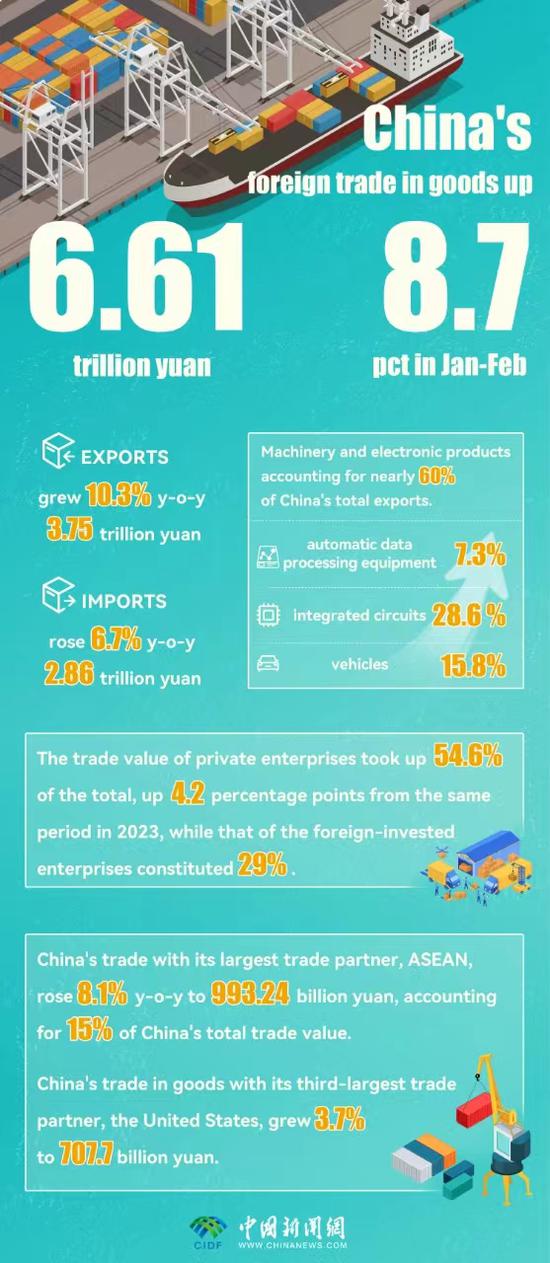
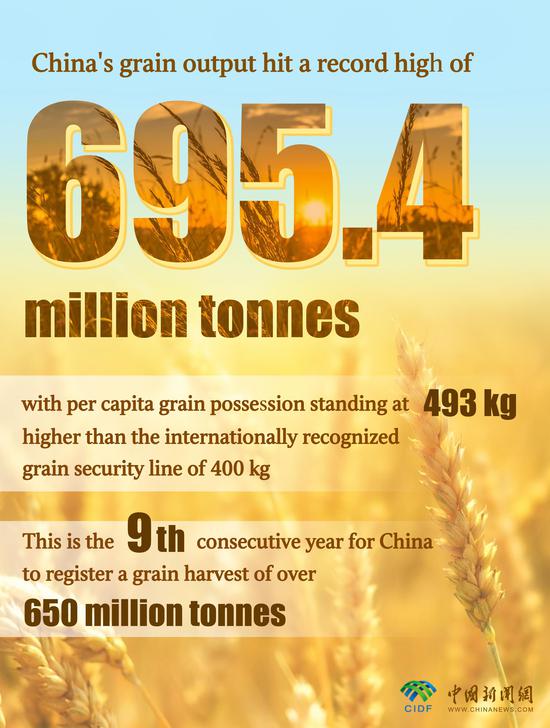
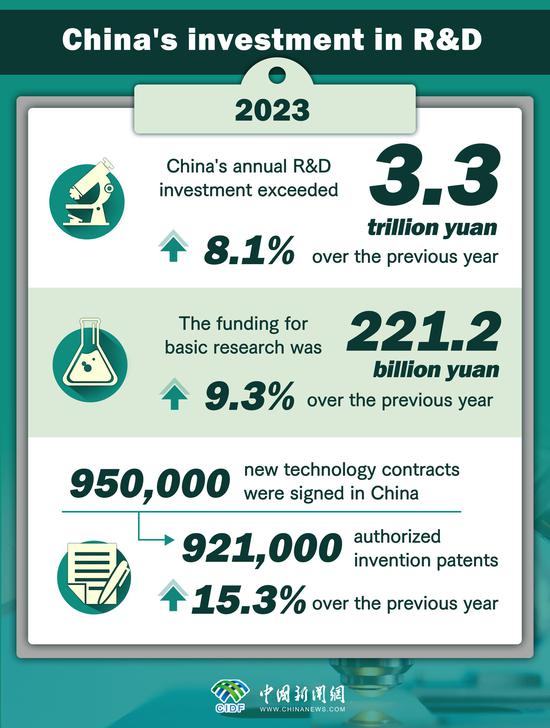
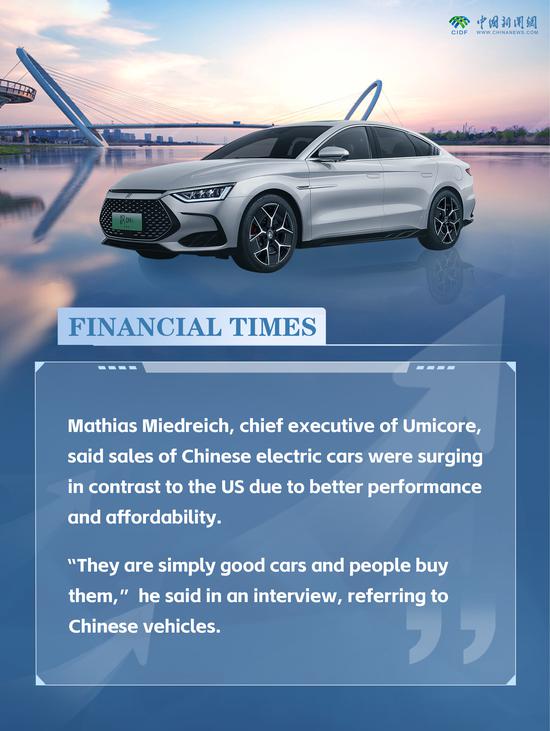
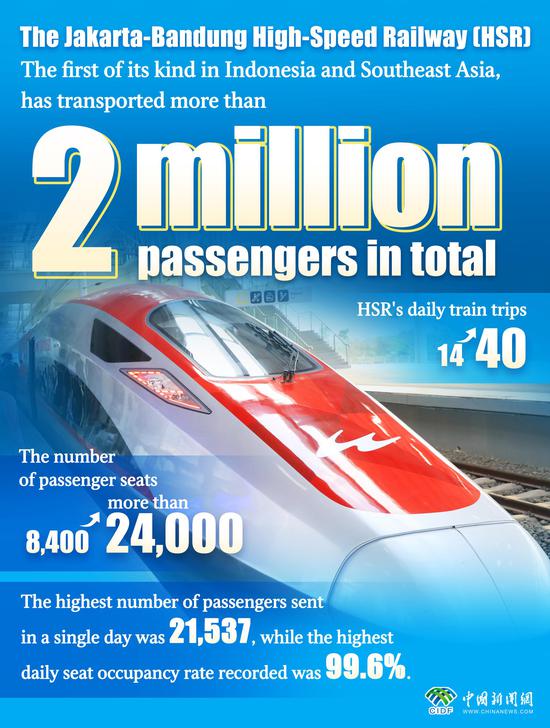
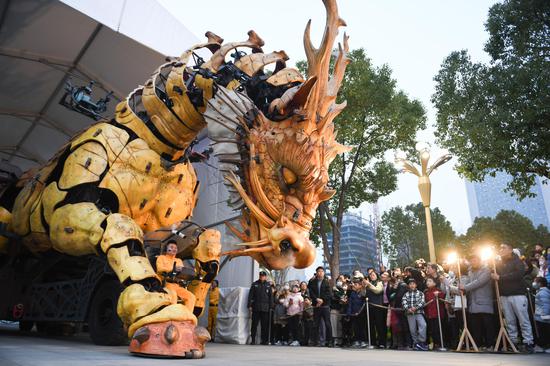


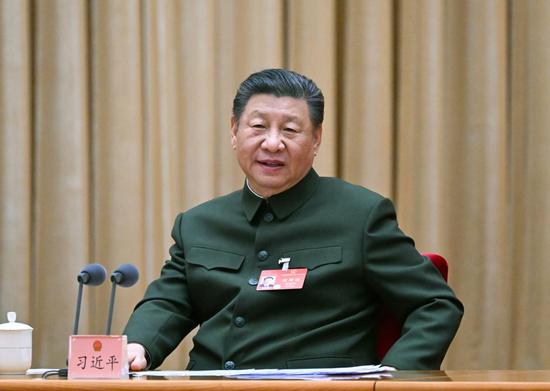
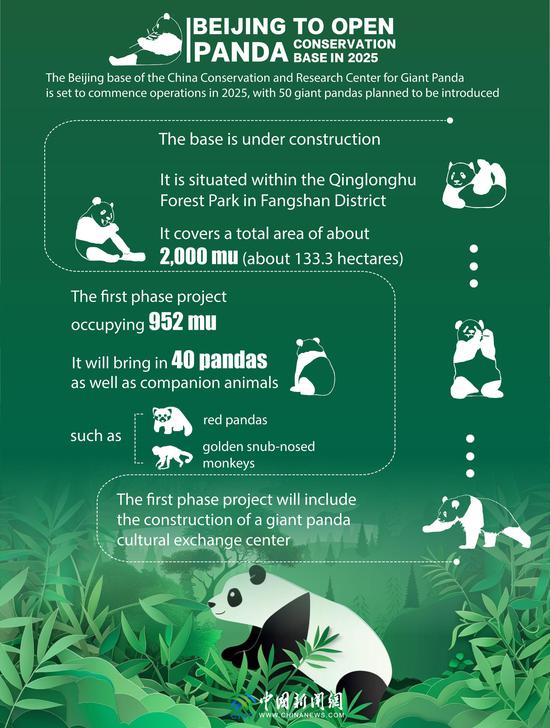
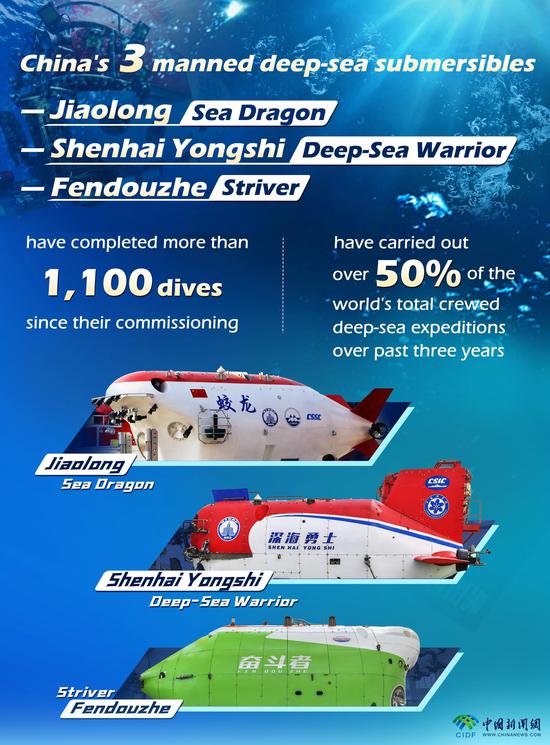
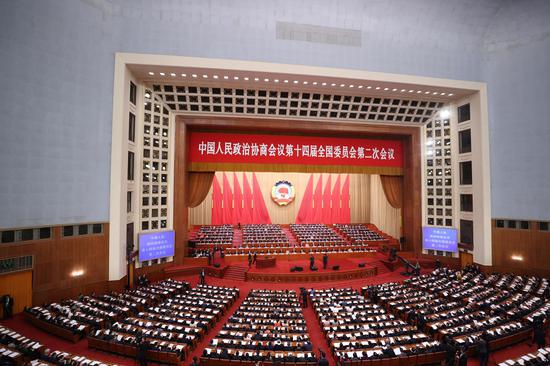
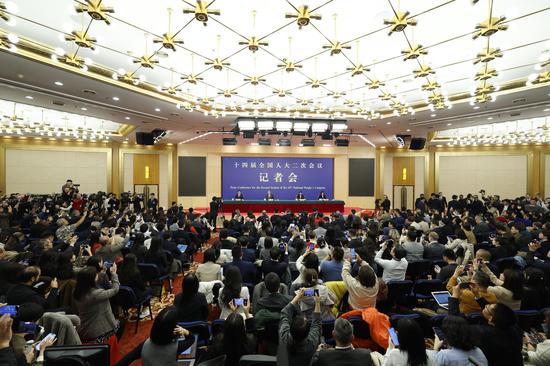

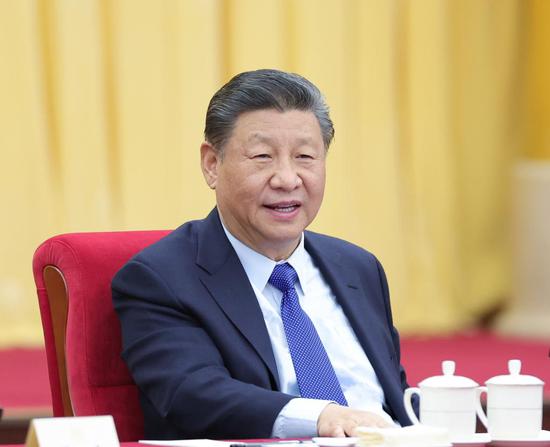
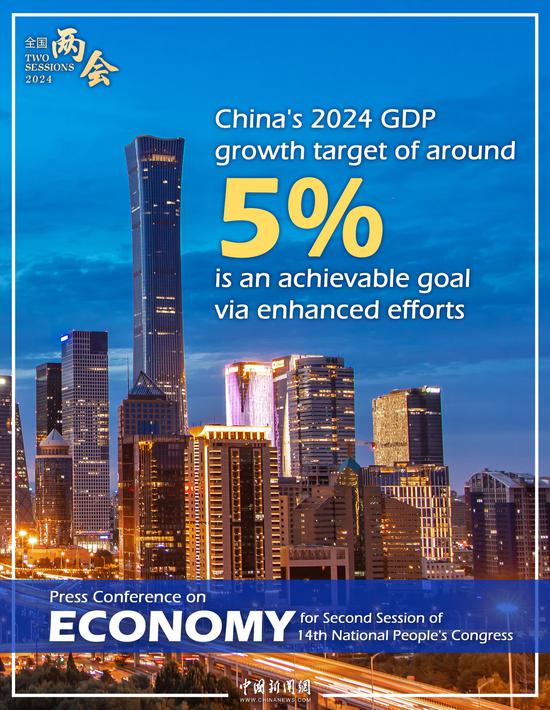
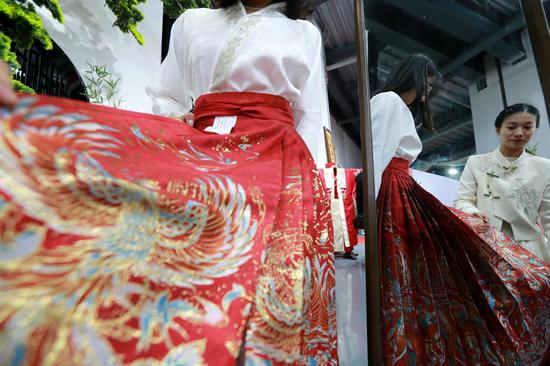
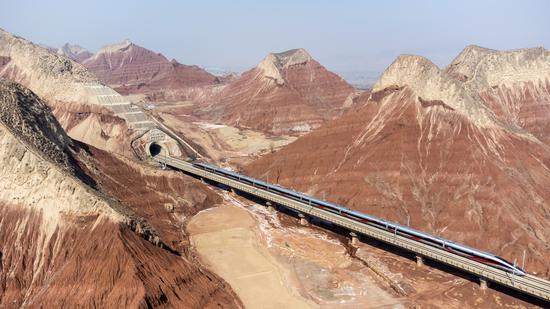






 京公网安备 11010202009201号
京公网安备 11010202009201号